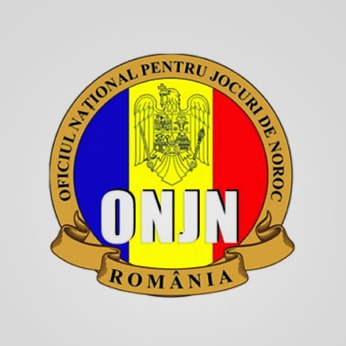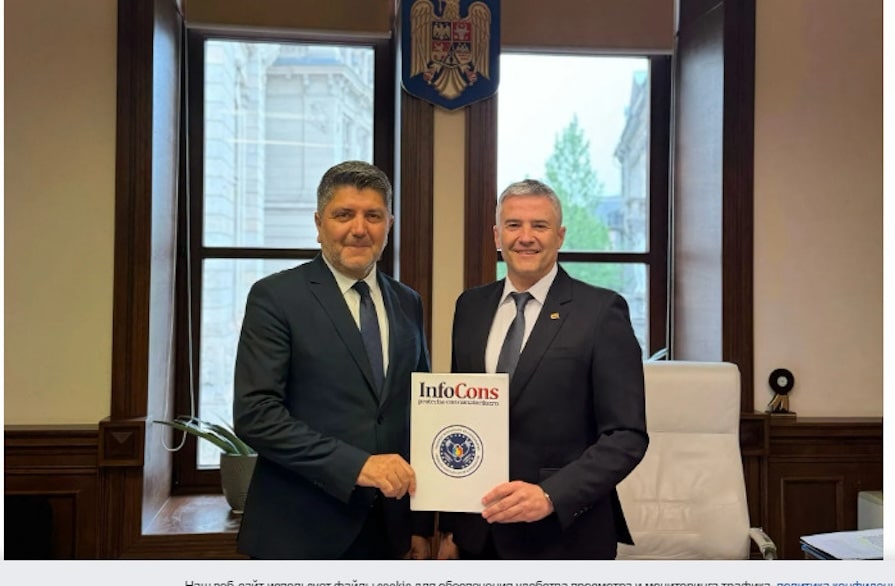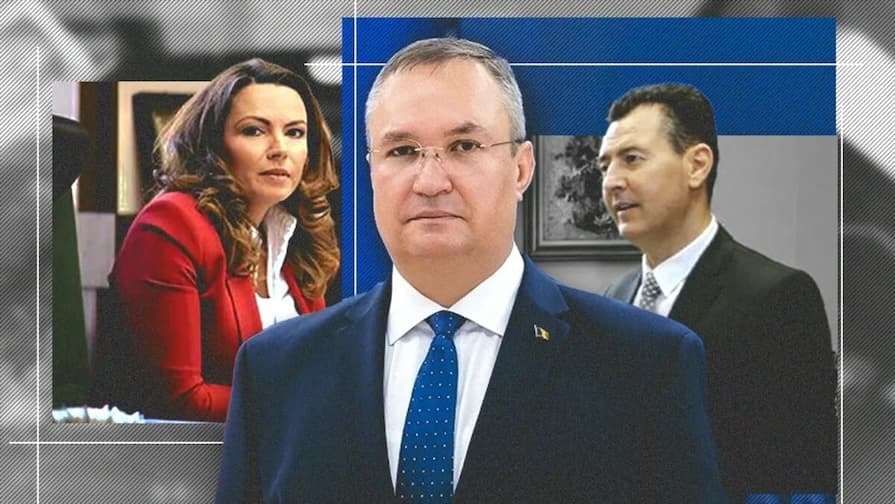

The National Office for Gambling in Romania (Oficiul Național pentru Jocuri de Noroc, ONJN) serves as the principal regulatory authority for gaming within the country. Established in 2013, the ONJN has evolved into a respected regulator, ensuring integrity and transparency in the gambling industry across one of Eastern Europe’s largest markets.
A Unique Position
Romania’s geographical location at the crossroads of Eastern and Central Europe has determined a distinctive role for the ONJN. As a member of the European Union since 2007, Romania has integrated European regulatory standards into its national gambling legislation. This has fostered a conducive environment for the growth of a legitimate gambling industry and the attraction of international operators.
The European Union currently lacks a unified regulatory framework for online gambling and betting, leaving individual member states the union to establish their own laws and regulations. This has resulted in a variety of online gambling laws across Europe, with some countries adopting more liberal approaches while others have implemented stringent controls.
Organisational Infrastructure
The ONJN operates as an independent governmental authority under the oversight of the Romanian government.
The management is led by a president and encompasses a comprehensive structure of departments, including:
- Licensing Department
- Supervision and Control Department
- Anti-Money Laundering Unit
- Player Protection Department
- Legal Department
- Business Development Division
The ONJN regulates all forms of gambling in Romania, encompassing:
- Land-based casinos
- Bookmaking offices
- Online casinos
- Lotteries
- Slot machines
- Bingo
In essence, Romanian gambling legislation permits the offering of any gambling products in the Romanian market, both in land-based and digital/online formats, provided that the operator presenting the respective product obtains the required licences and permissions.
According to the regulator, the Romanian gambling market exhibits steady growth. For instance, in 2023, the total turnover of the industry surpassed 2 billion euros, reflecting a 15% increase compared to the figures of 2022.
Licensing Process
The ONJN has established a strict licensing system that comprises of several mandatory stages:
- Preliminary assessment
- Verification of the applicant’s financial stability
- Analysis of business reputation
- Evaluation of technical readiness
- Main stage
- Submission of a complete documentation package
- Payment of the licensing fee
- Technical audit of equipment
- Final approval
- Security system verification
- Software testing
- Issuance of the licence
The cost of a licence in Romania varies depending on the type of activity, detailed information is provided at the end of our article in the ‘Reference Information’ section.
Player Protection
The ONJN places significant emphasis on safeguarding the rights of players and on preventing gambling addiction.
Key initiatives include:
- A mandatory option for self-exclusion for problematic players
- Deposit and betting limits
- Requirements for transparent information regarding winning odds
- A helpline for player assistance
- Responsible gaming programmes
- Technological infrastructure
The ONJN has implemented a modern monitoring and control system for gambling activities.
All licensed operators are required to connect to a centralised control system that ensures:
- Real-time tracking of financial transactions
- Monitoring of gaming activity
- Detection of suspicious operations
- Oversight of winnings payouts
- International cooperation
The ONJN actively collaborates with the following international regulators and organisations:
- European Gaming and Betting Association (EGBA)
- Gaming Regulators European Forum (GREF)
- International Association of Gaming Regulators (IAGR)
- Europol and Interpol (in the combat against illegal gambling)
Combating Illegal Gambling
The regulator is actively engaged in combating illegal operators.
The methods include:
- The blocking of unlicensed websites
- Fines for illegal activities
- Collaboration with law enforcement agencies
- Public awareness campaigns
Financial Data
The ONJN makes significant contributions to the state budget. In 2023, tax revenues from the gambling industry exceeded 400 million euros.
These funds are allocated to:
- Social programmes
- Sports development
- Cultural projects
- Initiatives for combating gambling addiction
Development Perspectives
The ONJN consistently refines the regulatory framework in accordance with technological advancements and market trends.
The priority areas include:
- The implementation of blockchain technologies to enhance transparency
- Strengthening cybersecurity measures
- Developing early warning systems for problematic gambling
- Harmonising legislation with EU requirements
Conclusion
The ONJN has established itself as an effective and progressive regulator, successfully balancing the development of the gaming industry with the protection of public interests. The experience of the Romanian regulator demonstrates how sound regulation can foster the growth of a legal gambling market while ensuring a high level of player protection and combating illegal gambling.
The continuous enhancement of the regulatory framework and the adoption of modern technologies enable the ONJN to remain one of the leading regulators in Eastern Europe and globally.
However, despite these achievements, the organisation occasionally faces challenges. For instance, in June 2022, Prime Minister Ciucă dismissed the head of the ONJN following revelations by CANCAN.RO. Additionally, in November 2021, the president of the ONJN and ten other employees were accused of influence peddling, abuse of office, and intellectual forgery.
Prime Minister Nicolae Ciucă took a firm stance following the astonishing revelations by CANCAN.RO regarding a syndicate within the National Gambling Office (ONJN). Consequently, the head of the gambling authority, Tudor Simota, was dismissed merely four days into his tenure!
Reference Information
Online Gambling Taxes in Romania:
An online gambling operator is required to pay an annual licensing fee of €300,000.
The tax for obtaining an online gambling permit is also paid annually and amounts to 21% of the revenue generated from gambling activities (GGR), with a minimum payment of €400,000 per year.
The principal administrative taxes for applying for and obtaining a Class 1 online licence are as follows: (i) €3,500 for file analysis, payable upon submission of the documentation to the National Gambling Office; and (ii) a one-time fee of €10,500 for the issuance of the licence (this fee also applies to B2B service providers holding a Class 2 licence, among others).
Furthermore, licensed online operators will be required to contribute an annual fee of €500,000 to a social responsibility programme for gambling, which has been established in collaboration with the National Gambling Office to prevent gambling addiction.
Additionally, to mitigate the risk of non-payment of obligations to the state budget, online gambling operators must establish a guarantee fund. For the year 2024, the guarantee level for online gambling will be calculated based on the operator’s revenue— for instance, if the revenue level is up to €5,000,000 per year, the guarantee level will be €500,000; whereas for online casino operations, it will be €1,000,000. From 1 January 2025, the guarantee will be set at €2,000,000, irrespective of the operator’s revenue level (while for online casinos, the guarantee level will be €5,000,000).


